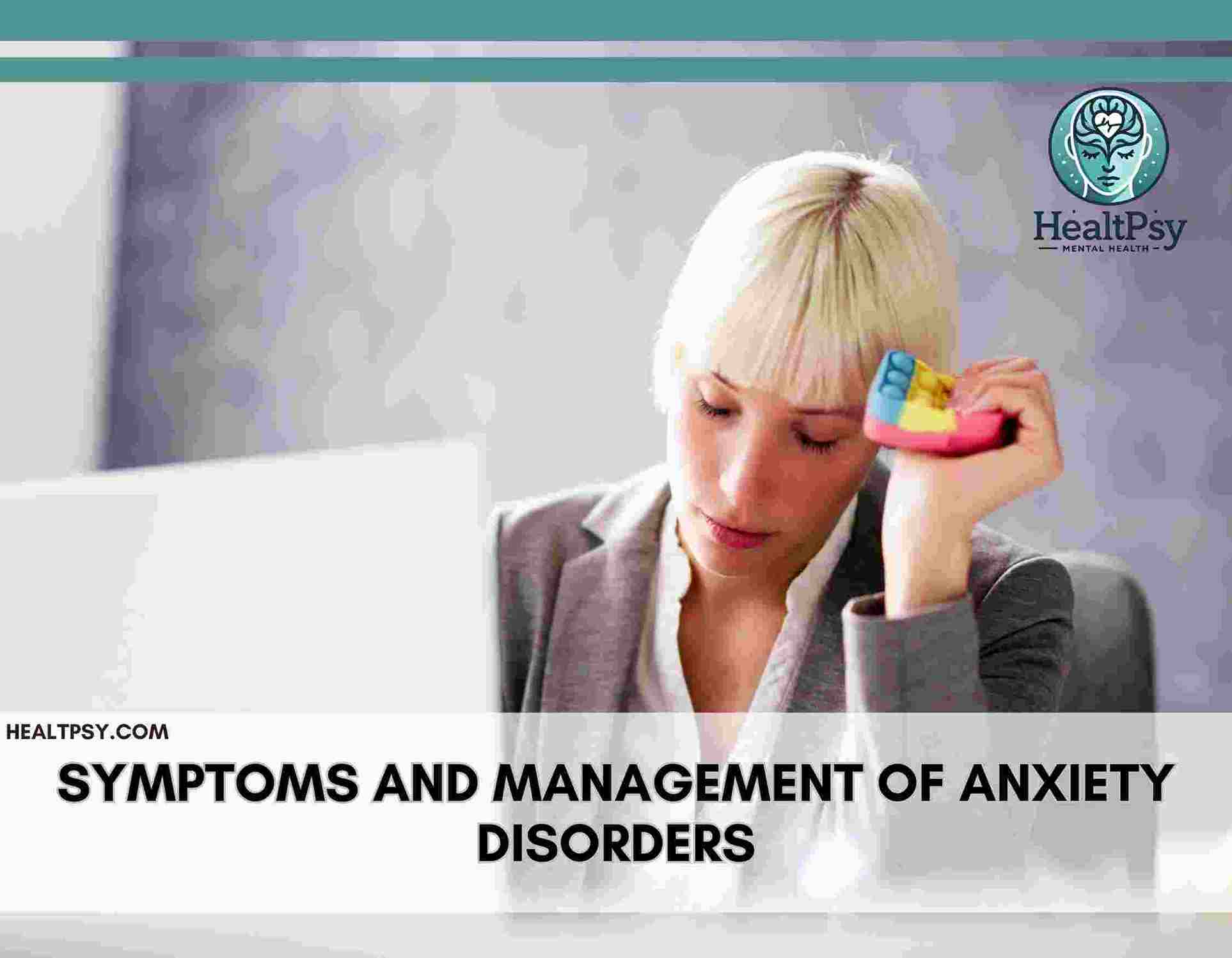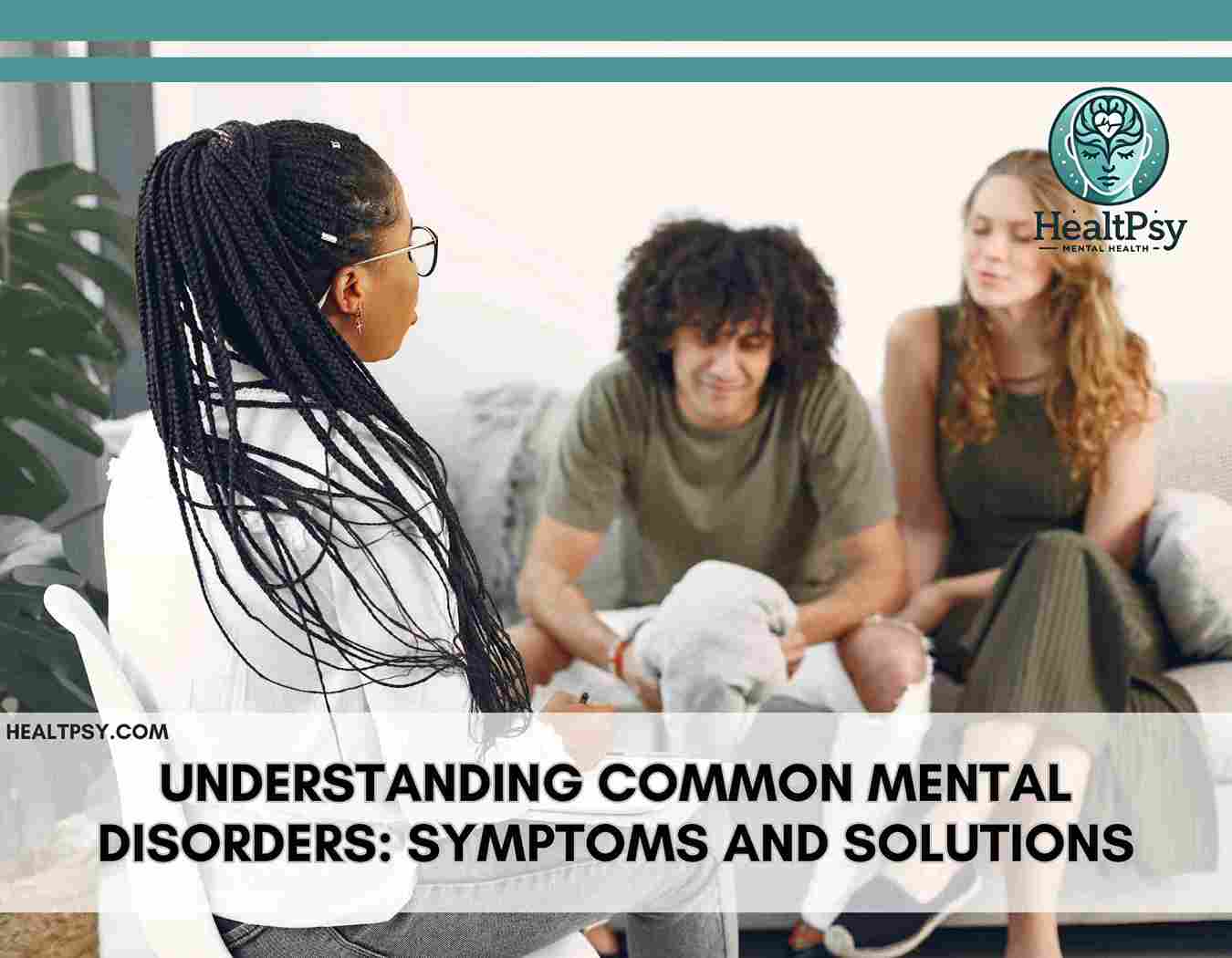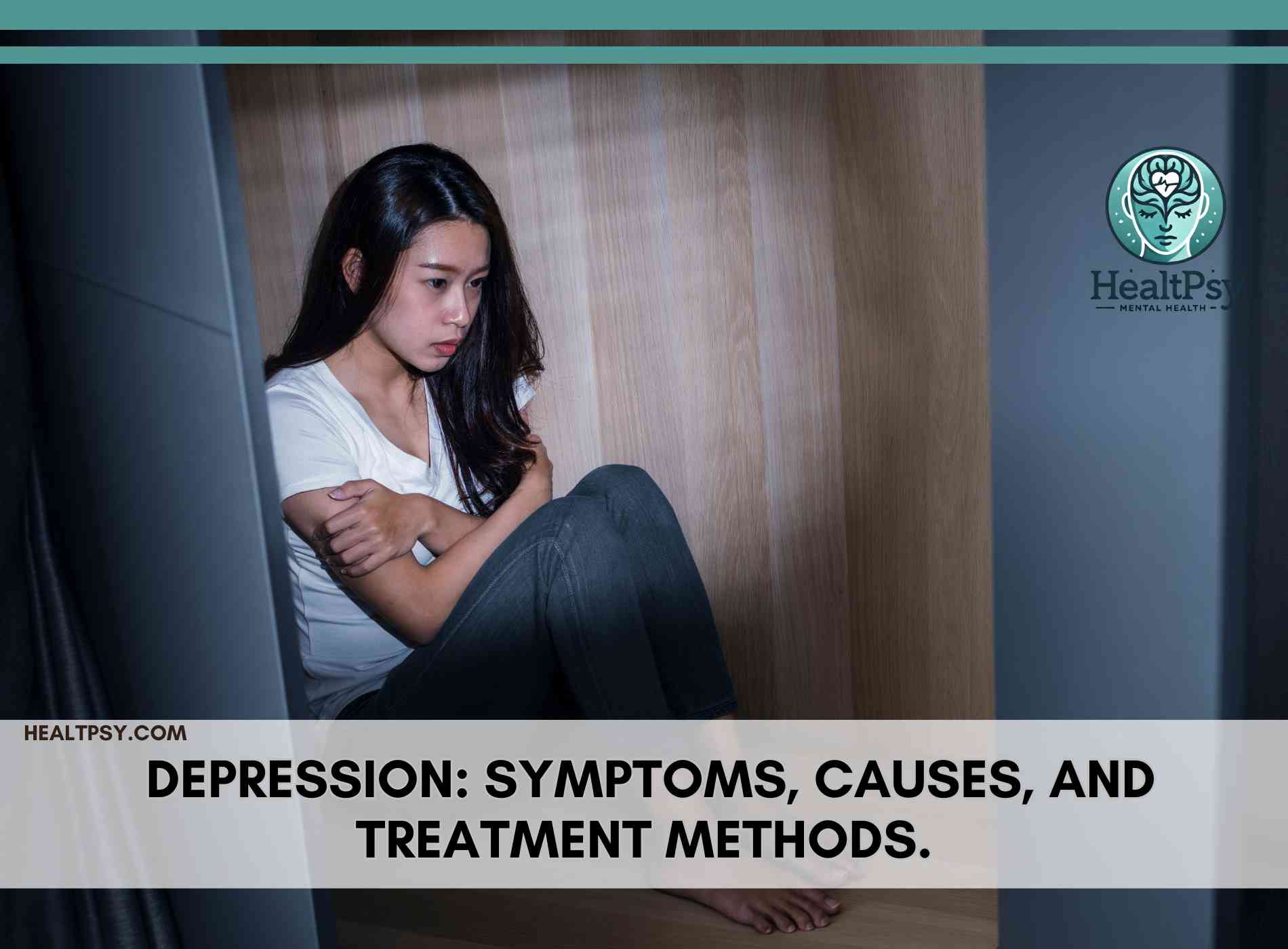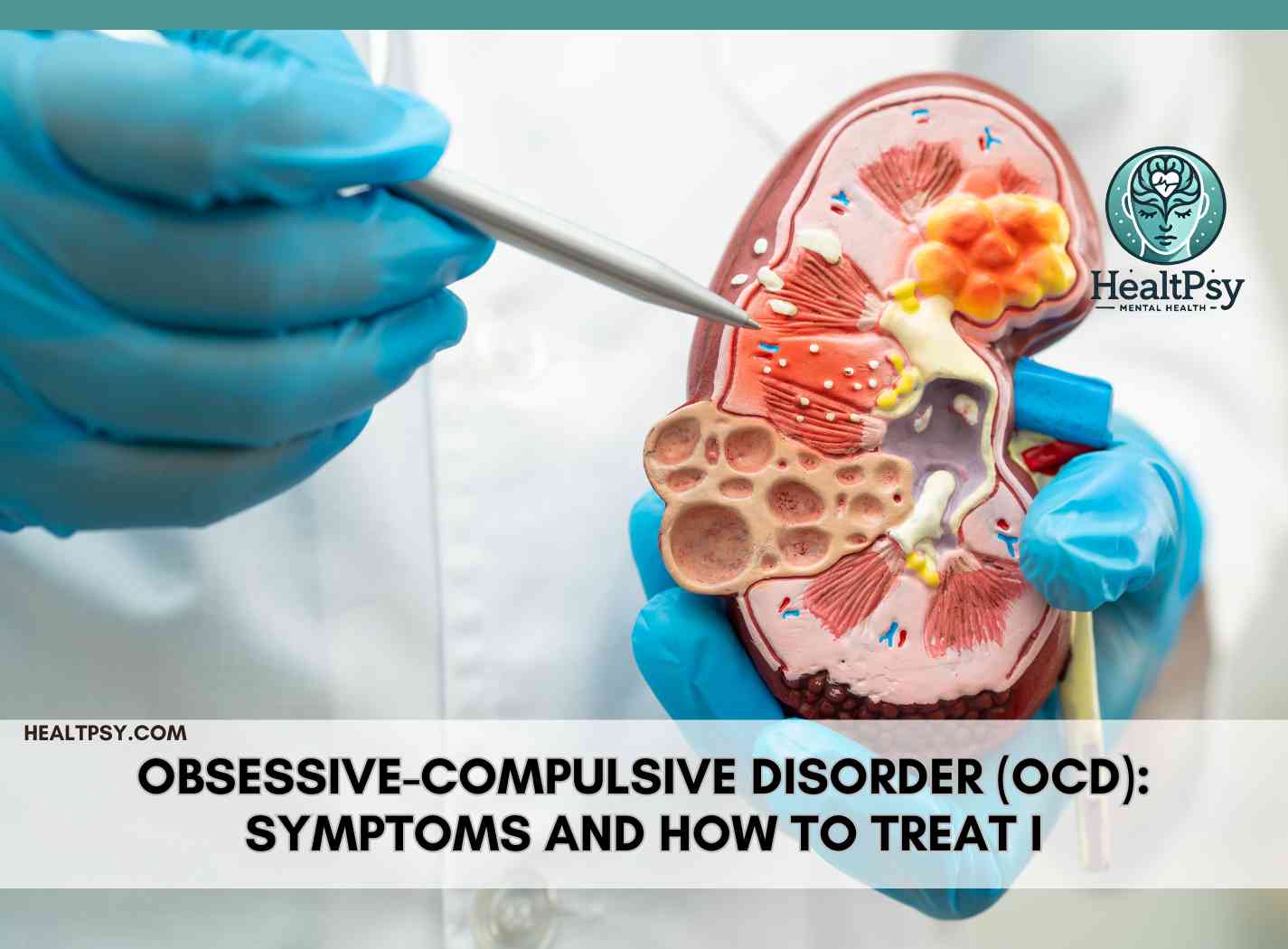Symptoms and Management of Anxiety Disorders
Introduction
Anxiety disorders are among the most common mental health conditions worldwide. They manifest as excessive fear or worry, impacting daily functioning and overall quality of life. Early recognition and effective management can significantly reduce symptoms and improve well-being. HER
Understanding Anxiety Disorders
Anxiety disorders encompass a range of conditions characterized by intense, persistent feelings of fear or apprehension. Unlike normal stress or occasional nervousness, these feelings can be overwhelming and interfere with everyday activities. Common types of anxiety disorders include:
- Generalized Anxiety Disorder (GAD): Excessive worry about various aspects of life, such as work, health, or finances.
- Social Anxiety Disorder: Fear of social situations and potential judgment from others.
- Panic Disorder: Recurrent episodes of sudden, intense fear accompanied by physical symptoms like rapid heartbeat or shortness of breath.
- Phobias: Irrational fears of specific objects, activities, or situations, such as heights or flying.
Strategies to Manage Anxiety
Managing anxiety involves adopting both immediate coping mechanisms and long-term lifestyle changes to reduce its impact on daily life. Here are expanded and practical strategies:
- Practice Mindfulness
Mindfulness is a powerful tool for managing anxiety. Techniques like meditation, body scanning, and deep breathing exercises can help ground individuals in the present moment. For example, the “5-4-3-2-1” technique—where you focus on five things you see, four you can touch, three you can hear, two you can smell, and one you can taste—can be used to combat anxiety during overwhelming situations. - Maintain a Healthy Lifestyle
Physical health and mental health are interconnected. Regular physical activities, such as running, swimming, or yoga, release endorphins, the body’s natural mood elevators. Eating a balanced diet rich in omega-3 fatty acids, magnesium, and vitamins also supports brain function. Avoid excessive caffeine and sugar, as they can exacerbate symptoms of anxiety. - Identify Triggers
Keeping a journal to track situations that cause anxiety can provide valuable insights. Identifying these triggers allows individuals to prepare strategies in advance, such as practicing calming techniques or seeking support before entering anxiety-inducing situations. - Challenge Negative Thoughts
Cognitive Behavioral Therapy (CBT) techniques focus on recognizing and reframing irrational or unhelpful thought patterns. For example, replacing “I can’t handle this” with “I can manage this step by step” fosters resilience and reduces feelings of helplessness. - Engage in Relaxation Techniques
Incorporating relaxation practices into daily life can significantly reduce anxiety symptoms. Progressive muscle relaxation, where you tense and then relax different muscle groups, helps alleviate physical tension associated with anxiety. Similarly, aromatherapy using lavender or chamomile essential oils can create a calming environment. - Set Small Goals
Breaking tasks into smaller, manageable steps can prevent feeling overwhelmed. Celebrate small achievements, as these boost confidence and provide a sense of accomplishment.
Strategies to Manage Anxiety
Managing anxiety requires a combination of lifestyle changes, coping techniques, and, in some cases, professional intervention. Here are practical strategies to consider:
- Practice Mindfulness: Techniques like meditation and deep breathing can help calm the mind and reduce stress.
- Maintain a Healthy Lifestyle: Regular exercise, a balanced diet, and adequate sleep are crucial for managing anxiety.
- Identify Triggers: Recognizing what causes anxiety can help individuals prepare and develop coping strategies.
- Challenge Negative Thoughts: Cognitive Behavioral Therapy (CBT) teaches individuals to reframe unhelpful thinking patterns.
- Engage in Relaxation Techniques: Activities such as yoga, progressive muscle relaxation, or aromatherapy can provide relief.
Importance of Professional Help
While self-help strategies are beneficial, seeking professional support is essential for individuals with severe or persistent anxiety. Mental health professionals can provide:
- Therapy: Evidence-based approaches like CBT or exposure therapy.
- Medication: In some cases, antidepressants or anti-anxiety medications may be recommended.
- Support Groups: Connecting with others facing similar challenges offers emotional support and shared experiences.
Conclusion
Anxiety disorders can significantly impact an individual’s life, but they are highly manageable with the right strategies and support. By recognizing symptoms early and implementing effective management techniques, individuals can regain control over their mental health and lead fulfilling lives.
References
you might also like





